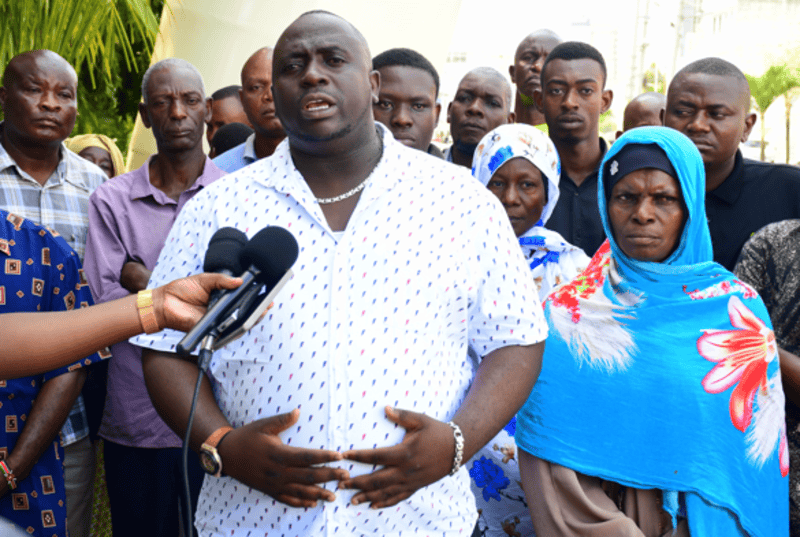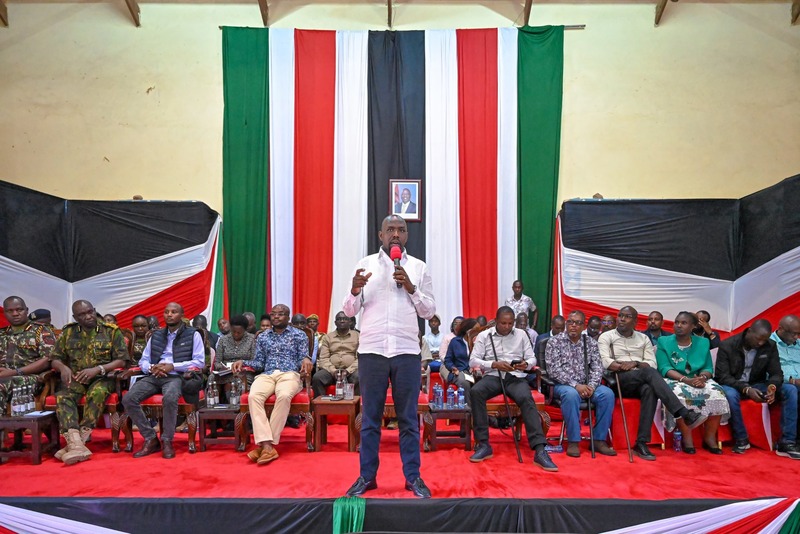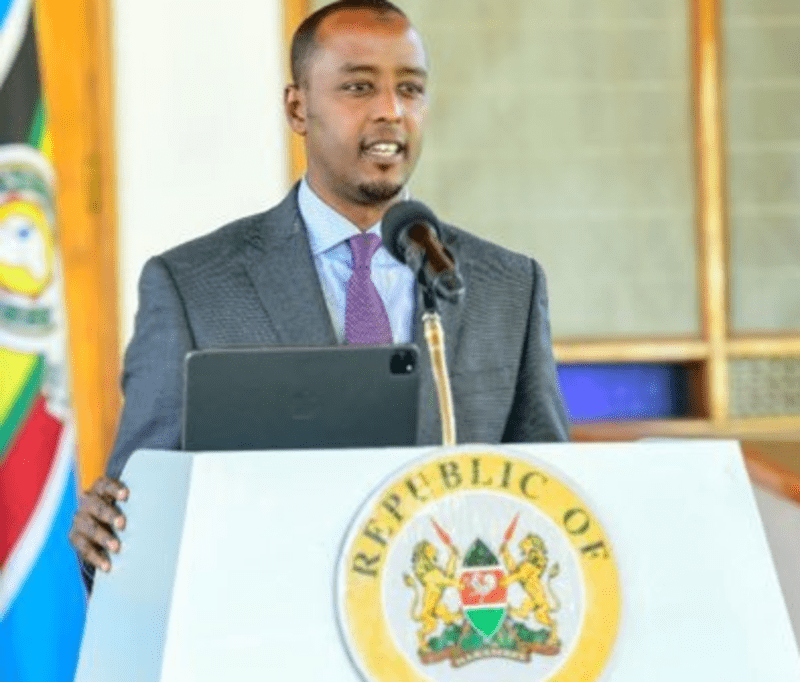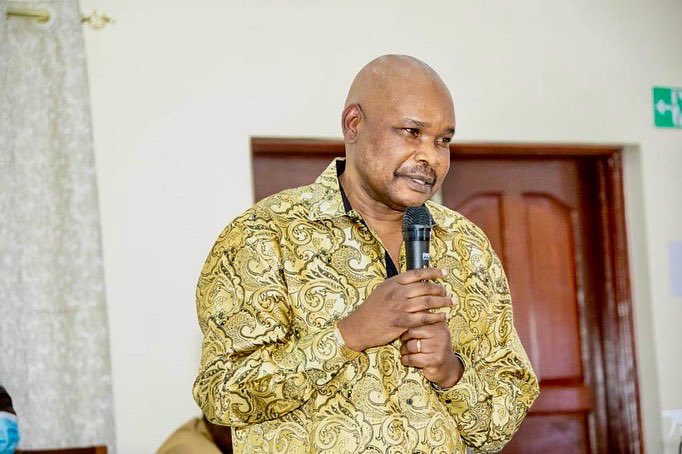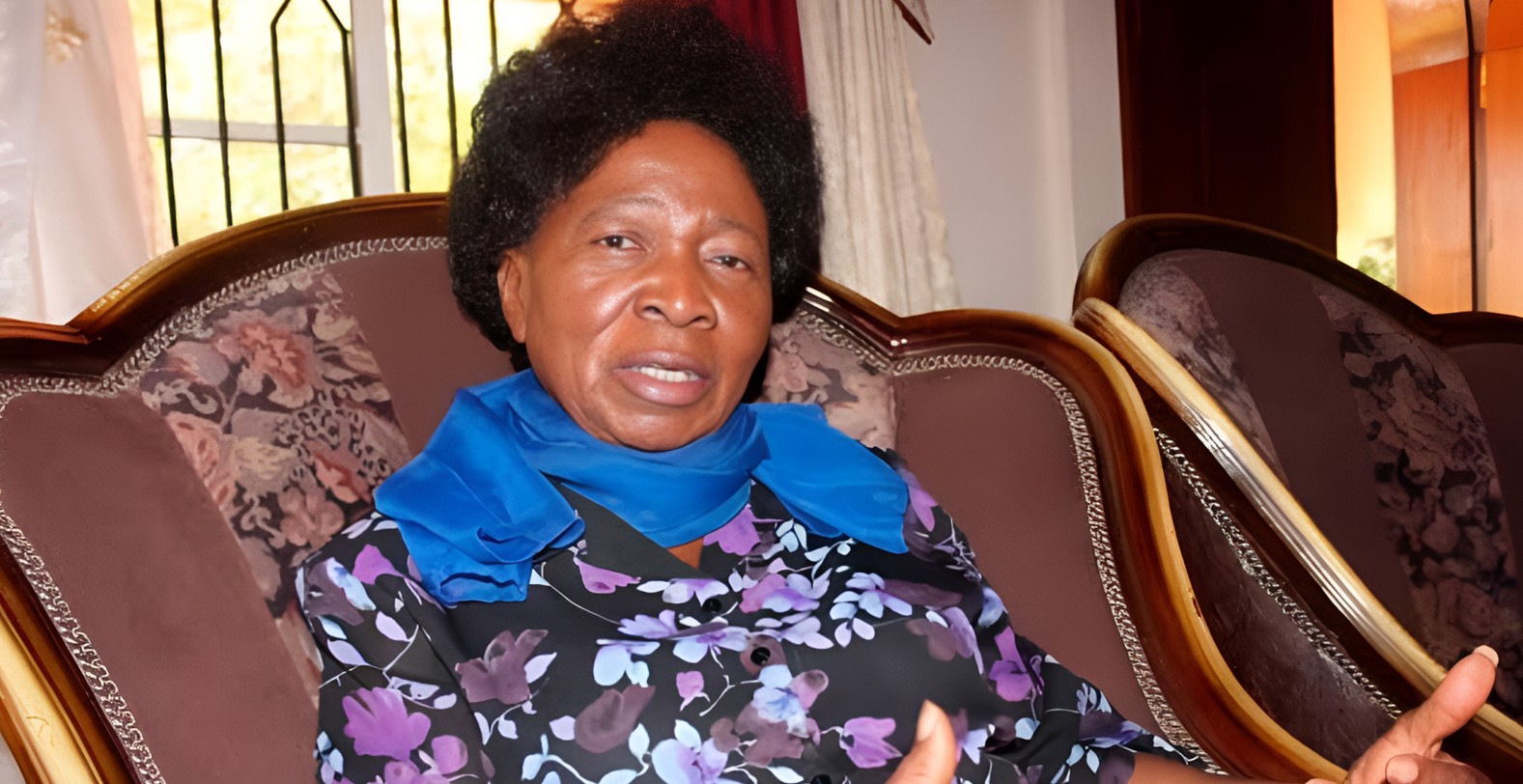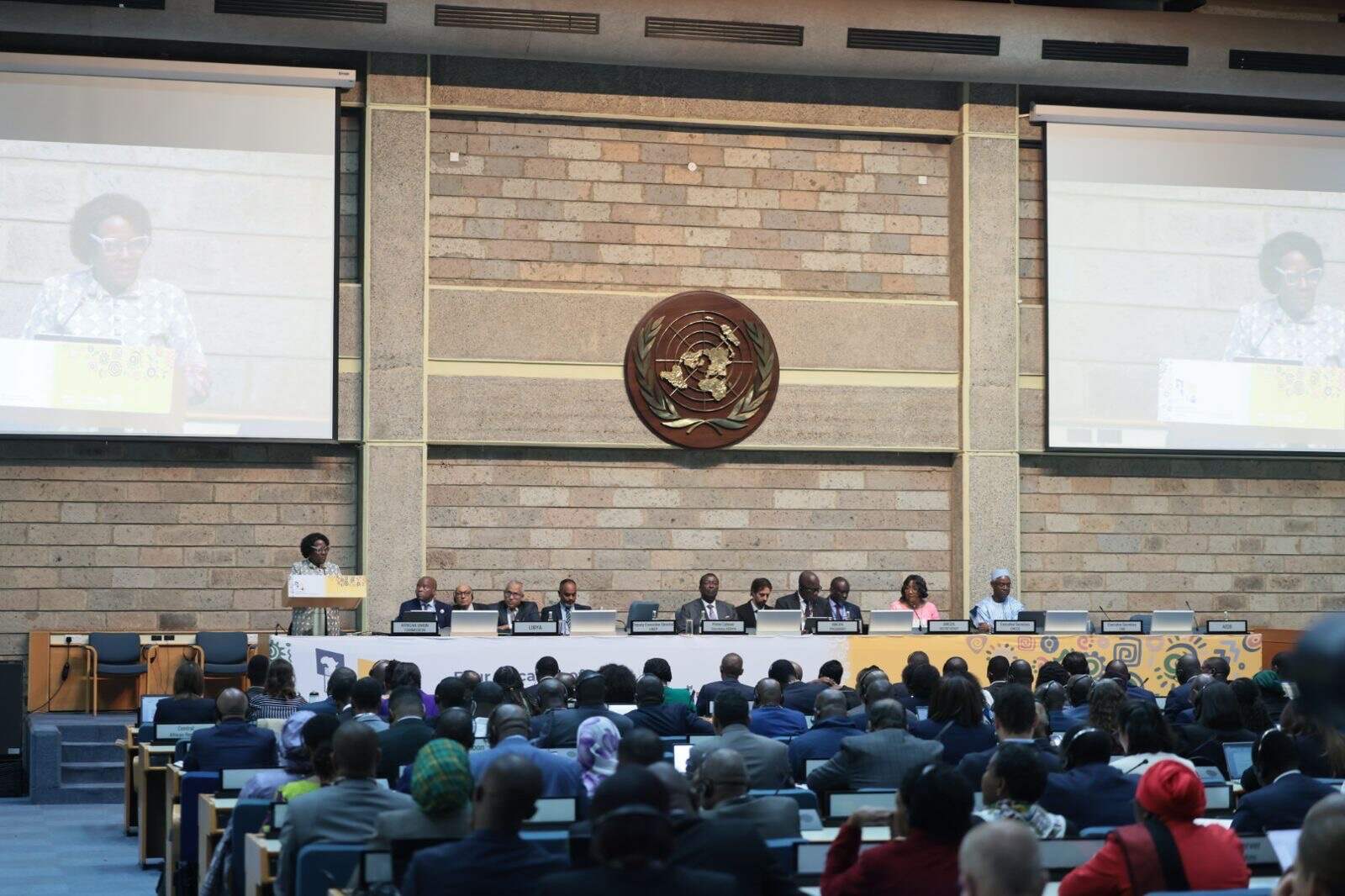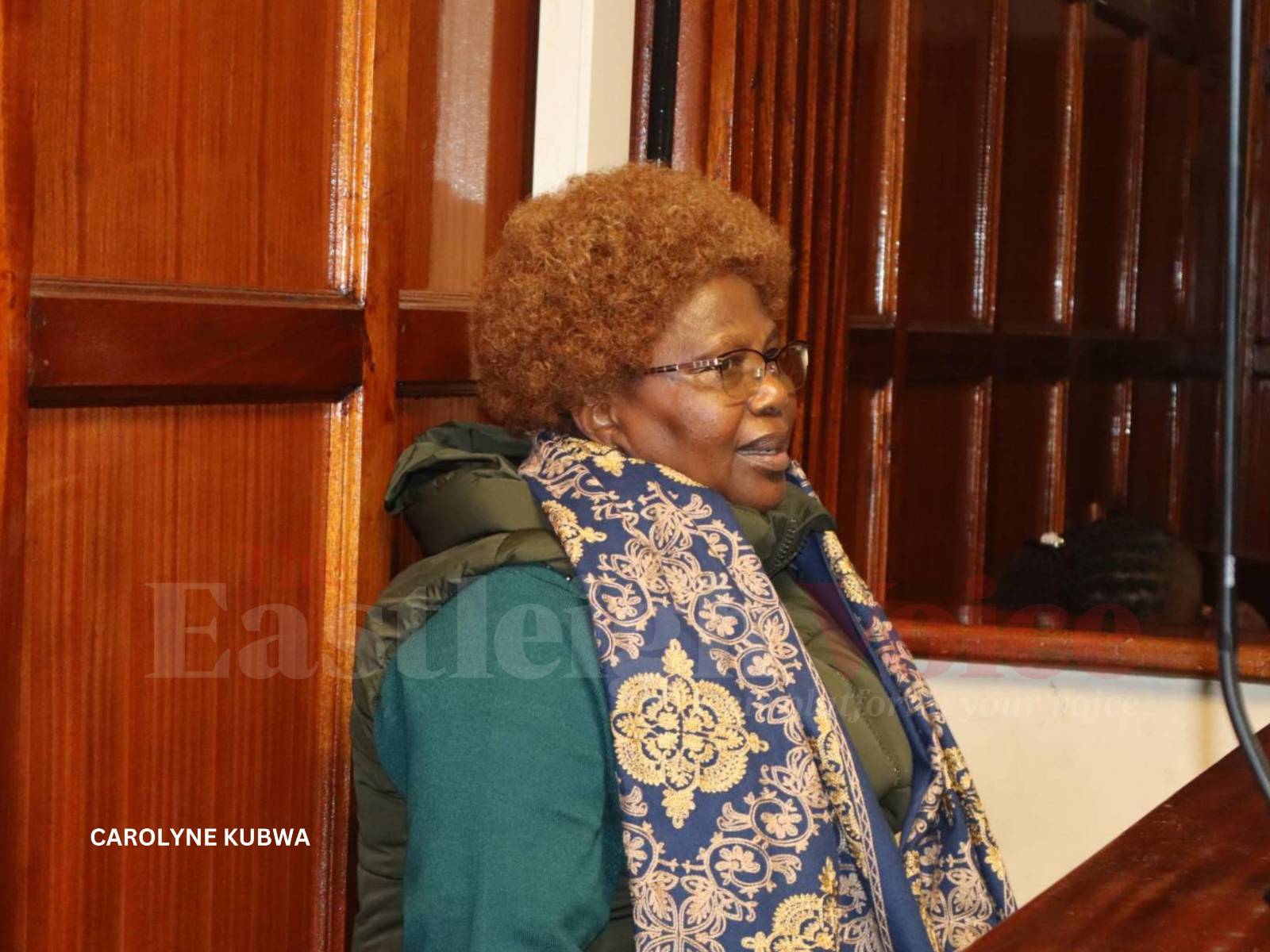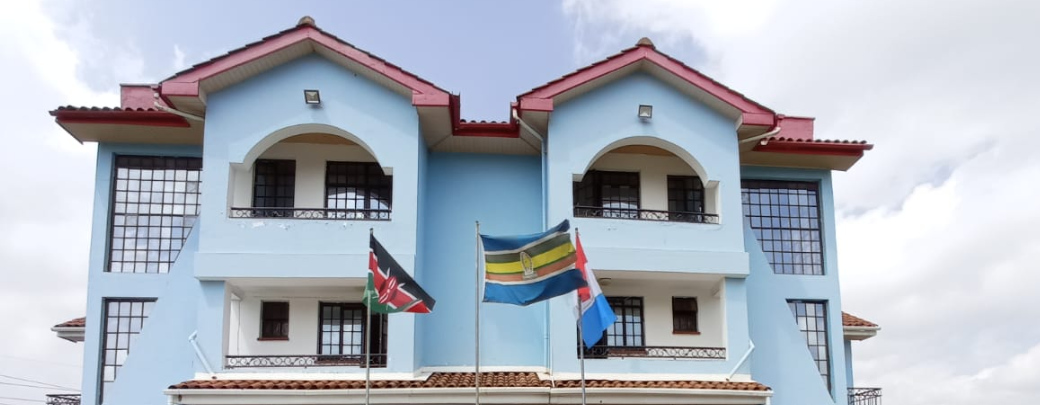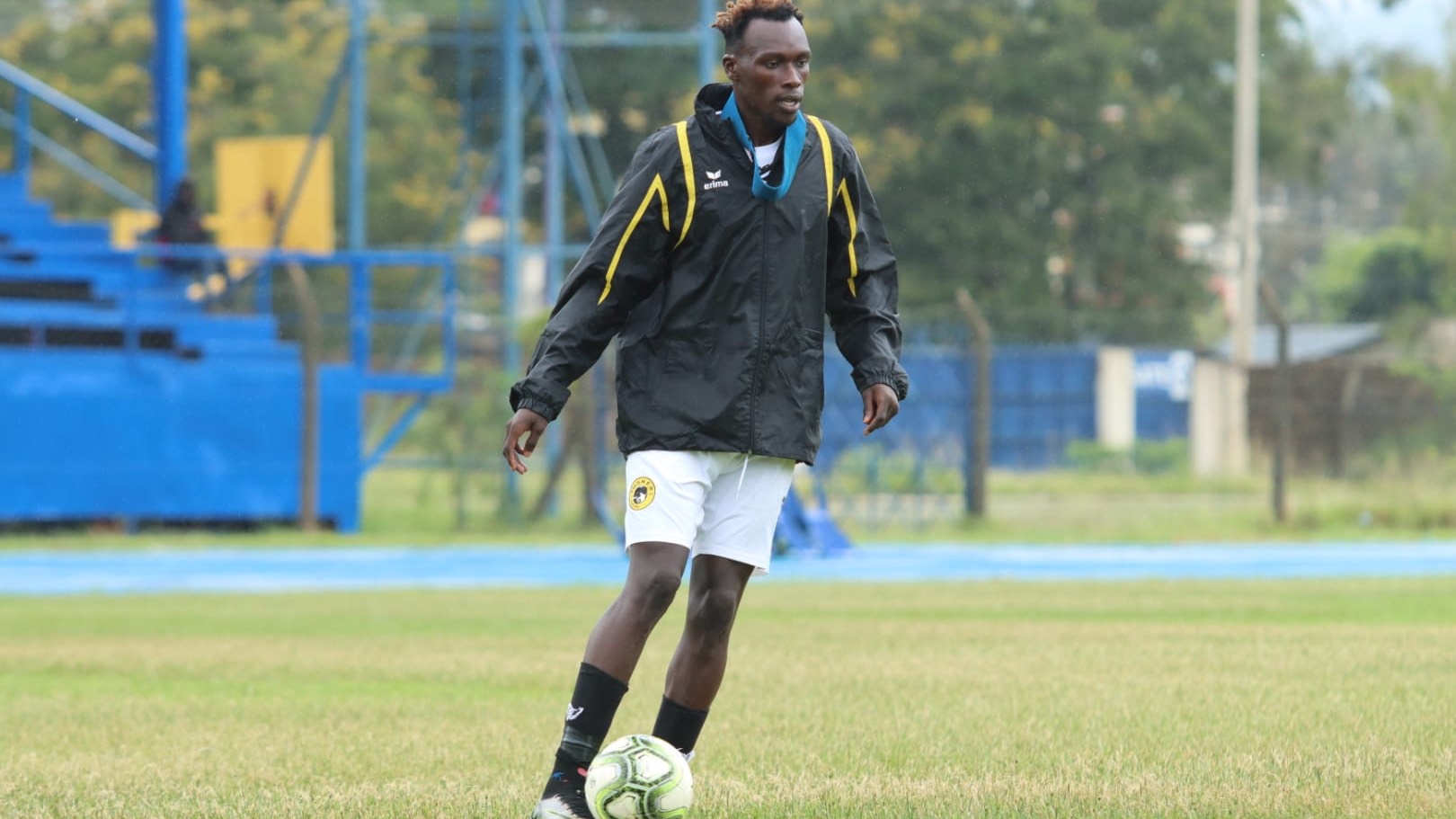2027 countdown: IEBC under pressure as poll deadlines lapse, diaspora demands grow
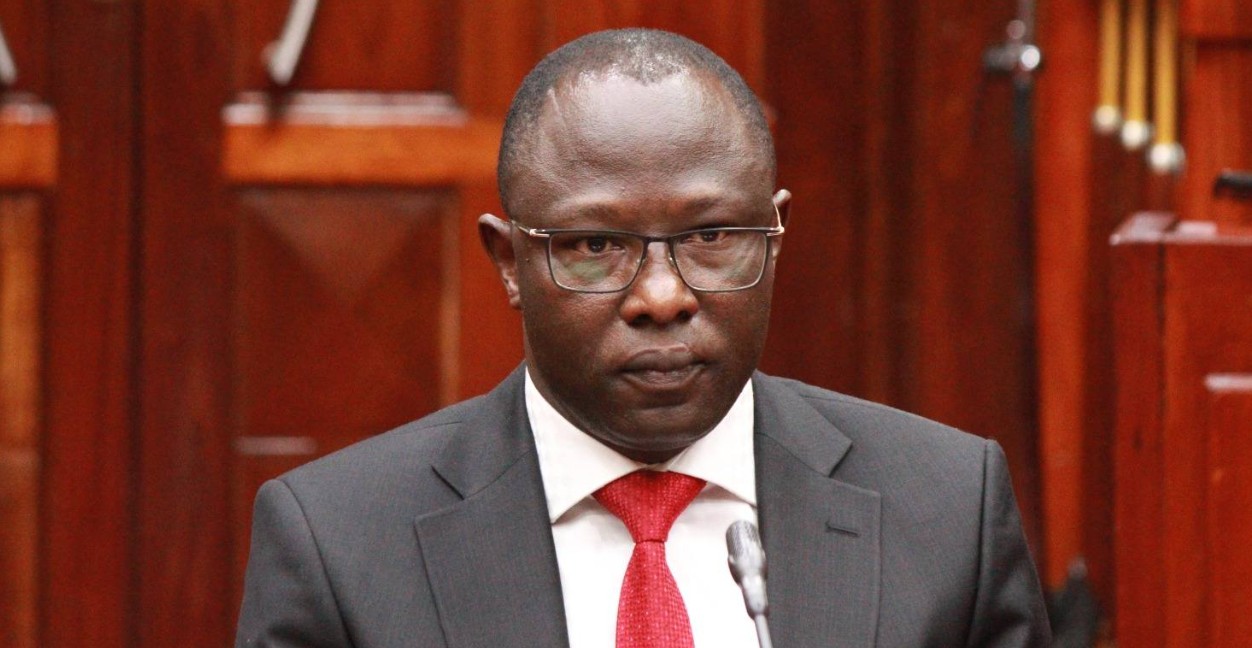
According to CEO Marjan, the upcoming by-elections will be the first major assignment for the new team and will serve as an early test of the commission’s ability to manage electoral operations ahead of the 2027 General Election.
The Independent Electoral and Boundaries Commission (IEBC) is under growing legal and political pressure as it prepares to conduct 22 by-elections across the country, many of which have already gone beyond the constitutional 90-day deadline.
The commission’s Chief Executive Officer, Marjan Hussein Marjan, has confirmed that while writs have been received and preparations are ongoing, legal advice is being sought in cases where the deadline for conducting the by-elections has already passed.
More To Read
- Treasury CS Mbadi tells IEBC to cut costs, reuse equipment to curb rising election expenses
- Envoys call for increased funding, voter access as IEBC commissioners assume office
- Sophia Sitati appointed Acting Registrar of Political Parties following Anne Nderitu’s exit
- Were Judiciary staff locked out by hackers seeking to stall IEBC appeal?
- IEBC warns against politically charged rhetoric, reaffirms readiness for future elections
- New IEBC commissioners face acid test ahead of 2027 elections
The law requires that a by-election be held within 90 days of a seat falling vacant, unless the vacancy arises within six months to a general election.
“We have already received writs from the Senate for the senatorial vacancy and are processing the rest. However, we are also seeking legal direction on how to proceed in cases where the 90-day constitutional deadline has lapsed,” Marjan said.
The issue was discussed during an induction retreat for the newly appointed IEBC commissioners, who are in Mombasa for a week-long session aimed at orienting them on the commission’s mandate and institutional operations.
The sessions are being led by governance and legal experts alongside former commissioners.
Commission Chairperson Erastus Ethekon said the retreat is designed to prepare the team for their new responsibilities, especially in handling sensitive electoral matters under strict constitutional timelines.
According to Marjan, the upcoming by-elections will be the first major assignment for the new team and will serve as an early test of the commission’s ability to manage electoral operations ahead of the 2027 General Election.
“This is a pivotal moment for the commission. It will be the first electoral assignment for the new team, and it will define public confidence in our preparedness going forward,” he said.
Although the commission intends to hold all the by-elections on the same day, the legal uncertainty over those that have exceeded the time limit may complicate the schedule. Formal announcements are expected after internal deliberations are complete.
While grappling with the by-elections, the commission is also facing mounting calls from lawmakers to expand voter access in the diaspora before 2027.
Senators are pushing the IEBC to open at least 100 more registration and polling centres for Kenyans living abroad.
They argue that more than three million Kenyans reside in the diaspora, but very few can vote due to limited access to polling stations.
In 2022, only about 5,000 out of more than 10,000 registered voters cast their ballots in the diaspora. At present, there are just 27 polling centres in 12 countries, mostly in cities where Kenya has diplomatic missions, leaving many voters without practical access.
Busia Senator Okiya Omtatah raised the matter in the Senate, criticising the current system for denying citizens abroad their right to vote.
“The 27 polling centres are limiting the chances of potential voters from exercising their constitutional right to vote,” he said.
He cited challenges such as travel costs, visa requirements, time off work and other barriers that keep many eligible diaspora voters from participating.
“There is a need to increase registration and polling centres in the diaspora to grant an opportunity for Kenyans abroad to vote,” he added, while urging the commission to ensure these centres are functional and well-monitored in good time.
In 2017, diaspora voter registration was conducted in five countries: Burundi, Tanzania, Rwanda, Uganda and South Africa for just two weeks in capital cities.
By 2022, the number of countries grew to 12 with the inclusion of the UK, USA, Canada, Germany, Qatar, UAE and South Sudan, resulting in a rise in registered diaspora voters from 4,223 to 10,433.
As both legal and logistical demands mount, the IEBC is navigating a delicate path between fulfilling its constitutional obligations and preparing a more inclusive electoral process.
Top Stories Today
